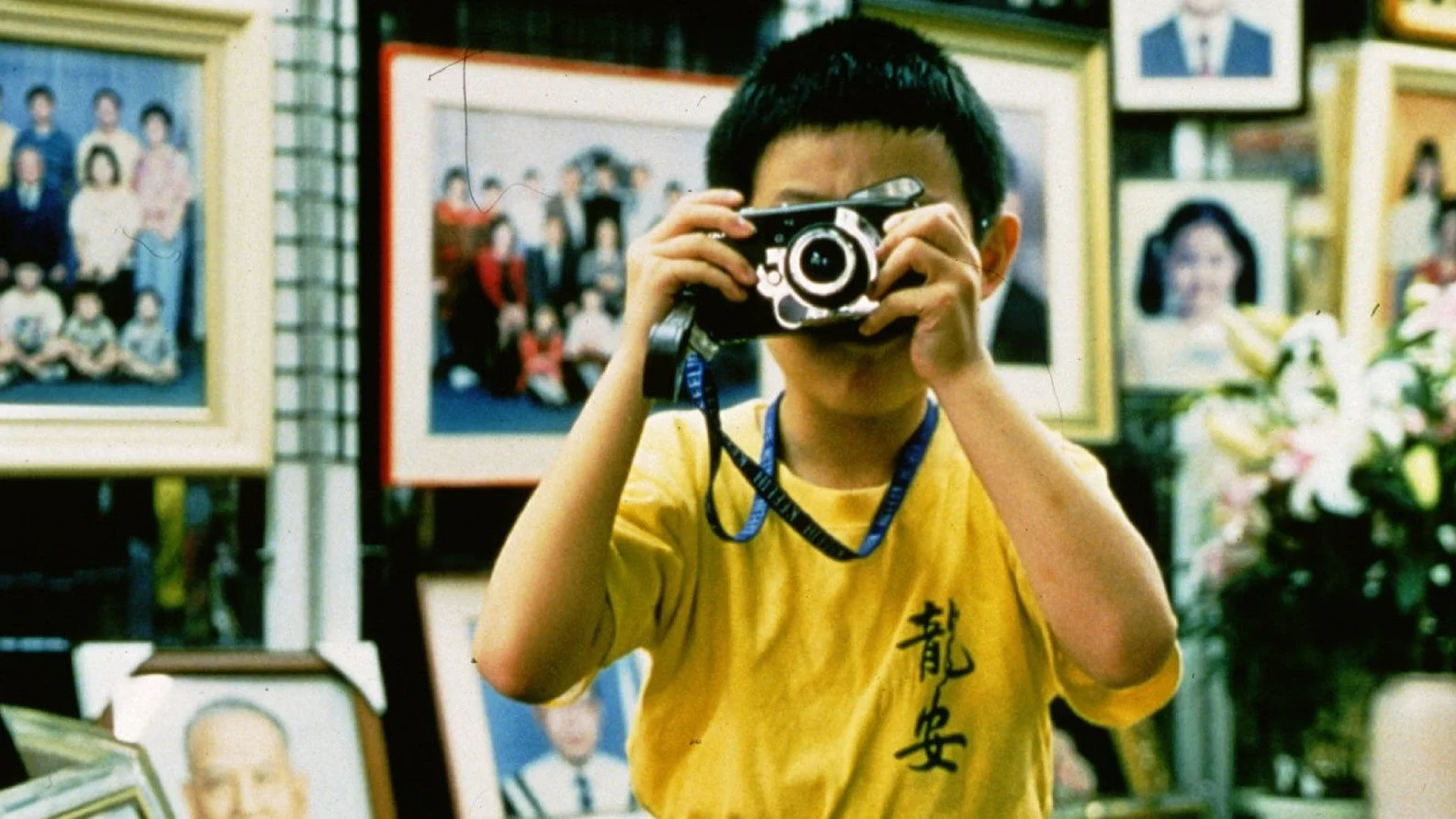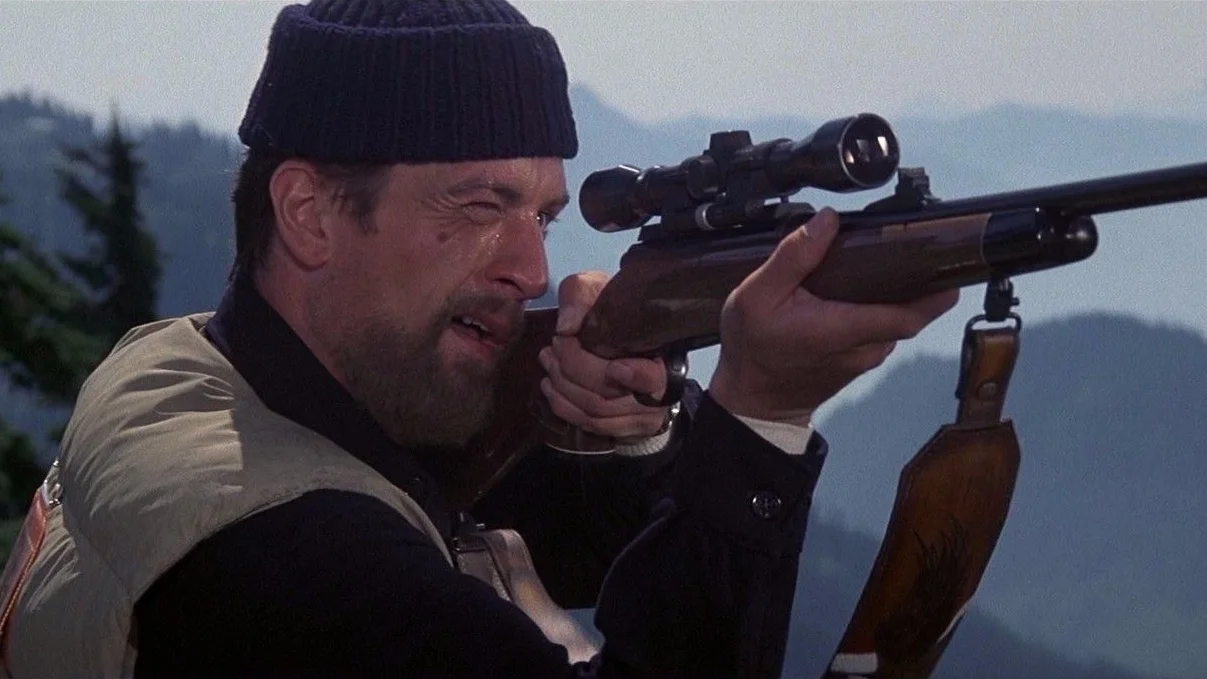Heading East: Yi Yi (2000)
The late Edward Yang’s most well-known film, and his swan song before his passing, stands in my eyes as being the greatest film of the 21st century. There’s a singular quote that comes to mind whenever I think of Yi Yi, as narrated a character in the film, Japanese video game designer Ota (Issey Ogata), “Every day in life is a first time. Every morning is new. We never live the same day twice.” As I let this thought sink into my head, there comes a reflection of real life that has been made more resonant. If Yi Yi perfectly represented anything, it would be the universal bonding we find in what we connect with the most, whether it be a character or a big event.
Yi Yi starts with a wedding and ends with a funeral. The wedding represents that start of life and with the funeral comes its end, as we watch the lives of one family in Taiwan from three points of view. One of these is through the middle-aged father, NJ, another from the young and curious Yang-Yang, and the last is from the teenage daughter Ting-Ting. Running a little under three hours, what follows is one of the most intricately detailed pictures of ordinary life.
In each story, we are shown a different stage of life. These characters feel like people we know, passing through the monotony as they try to find something new. Regardless of the setting, there’s a universality that comes from how Yi Yi portrays life that allows personal connections to form between the viewer and art. When the film takes its time during its slower moments it still has a great impact because we have been watching these people up close on an intimate level.
When I look back on Yang-Yang’s growing curiosity as he takes photos of the back of people’s heads, I think back to a point in my childhood when I found the world so overwhelming, as it moves in such a slow pace. The way Edward Yang captures a serene flow between each stage of life plays out like watching one’s own growth as they're continually troubled by the tedium of everlasting hardships.
As the film concludes, there's a fitting note that one cycle has ended, and unfortunately this had proven true as we lost a magnificent talent in him at the age of 59. In English, the title translates to “A One and A Two”, whereas in the film’s native Taiwanese, it's more along the lines of “One After Another.” A description that would be fitting would be that the film is merely life as we know it, one life after another. Yi Yi doesn’t need to manipulate your senses to allow yourself to connect with it, it just plays everything as is.




